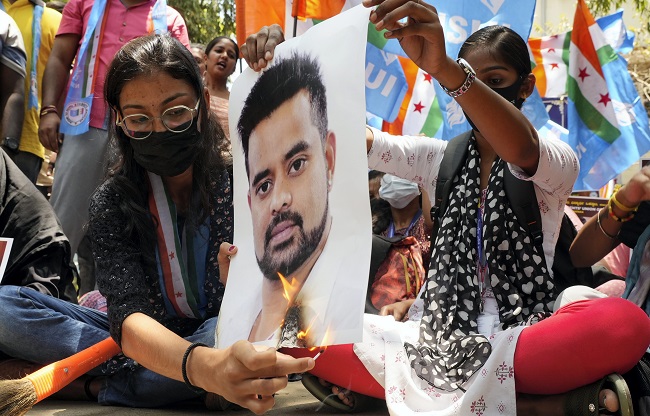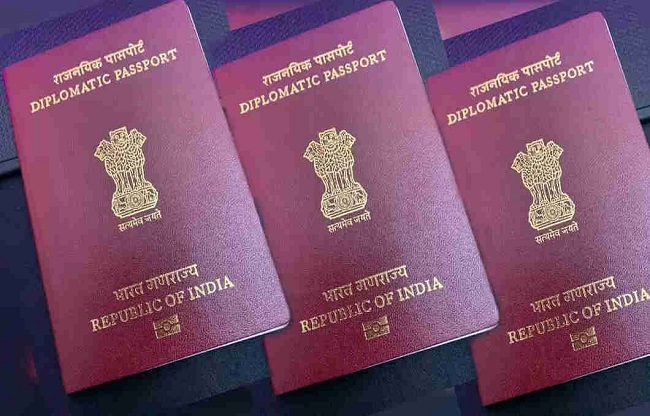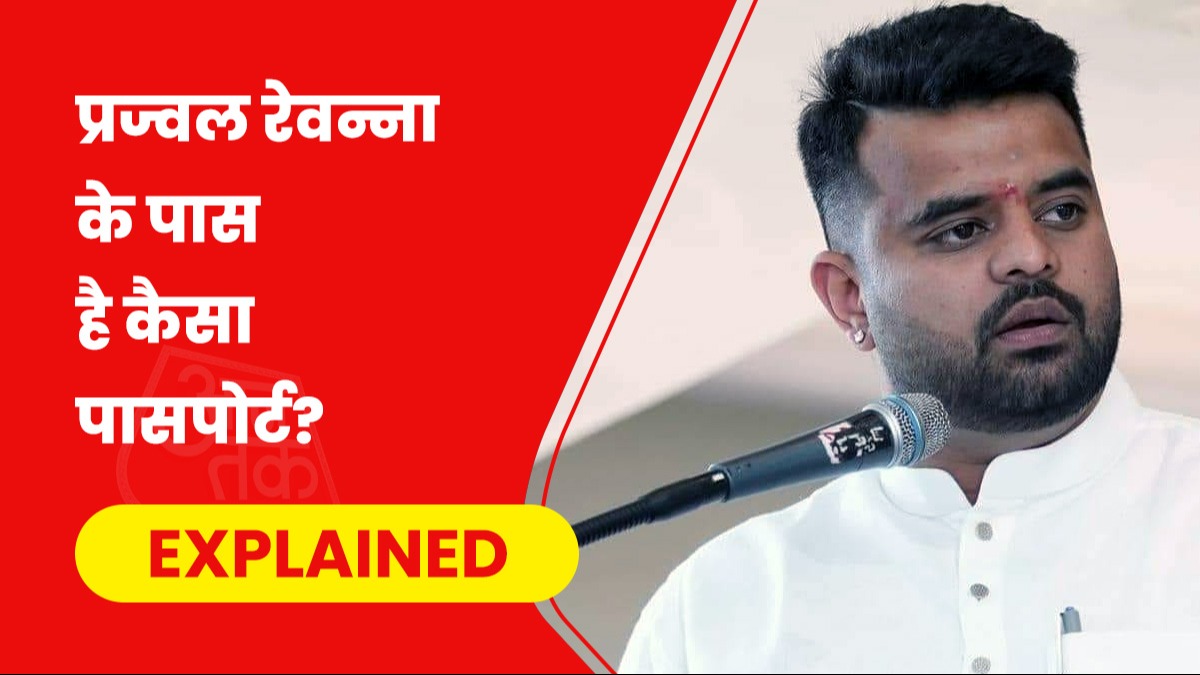Amidst a swarm of sexual abuse allegations, Karnataka MP from Janata Dal (Secular), Prajwal Revanna, reportedly darted off to Germany. His family claims that his trip was pre-planned, totally unrelated to the controversy. However, questions are arising about how the lawmaker was allowed to leave the country post-allegations. The foreign ministry clarified he traveled not on political clearance but on a diplomatic passport. Let's decrypt what sets this passport apart from the regular ones.
MEA Elucidates
The Ministry of External Affairs revealed on Tuesday, May 2nd, that Prajwal Revanna ventured to Germany on a diplomatic passport, sans any permission from MEA nor a visa issuance. To note, holders of this passport do not require a visa. Previously, Karnataka Chief Minister Siddaramaiah had penned to Prime Minister Narendra Modi, urging the foreign ministry and home ministry to seize the accused's passport, thereby denying him any diplomatic treatments.
What Entails a Diplomatic Passport
This passport is issued to political leaders and officials representing the country on foreign lands. It’s distinct maroon cover encompasses 28 pages. While typically valid for 5 years, the term may be influenced by the holder's position or the nature of their outbound assignments. Regular passports, conversely, remain valid for a decade.

Source: aajtak
Is It Attainable for MPs?
According to the rules, both Lok Sabha and Rajya Sabha members can apply. Lawmakers’ spouses too can apply via the MEA website but must cancel any prior passport they hold, which can also be done while applying for the new one.
Parliamentarians must secure e-political clearance three weeks prior to travel. Despite their political roles, MPs often undertake personal travel, wherein they should refrain from actions implying they're representatives of the Indian Parliament.
Previously, Rahul Gandhi had to give up his diplomatic passport following his parliamentary seat's disqualification. Formerly, the government revoked fugitive businessman Vijay Mallya's diplomatic passport, which was conferred due to his Rajya Sabha membership.
Issuing Authority for Diplomatic Passports
The process diverges from typical civilian passports, handled by the Passport & Visa Consular Division. This same division also issues a visa note for officials traveling abroad for government work. Should CPV endorse, regional passport offices can also issue diplomatic passports.

Source: aajtak
The Perks
This passport serves as the official identity for officials on diplomatic missions. Benefits for holders run aplenty, like immunity to arrest or legal proceedings in host countries. They’re also expedited for evacuation in perilous situations, enjoying numerous amenities from embassies and throughout travel.
Holders are generally visa-exempt or experience expedited processes in most countries unless traveling to states strained by tensions or sanctions.
Who Else May Obtain This Passport?
- Officers of the Indian Foreign Service on overseas tours. - Ministry of External Affairs personnel who travel as government representatives. - Dependents accompanying officers on foreign trips.
Could Revanna's Diplomatic Passport be Revoked?
MEA spokesperson Randhir Jaiswal commented that current cases demand judicial orders for revoking a passport in accordance with the Passport Act of 1967, which hasn't yet been ordered by any court for this matter.
The Trio Roaming the World Without Passport or Visa
Globally, three figures require neither passport nor visa for travel. They enjoy not only entry to other nations but also exceptional hospitality. One such name is that of British King Charles, who, prior to his ascension, enjoyed these privileges bequeathed upon him from Queen Elizabeth. Since all British passports, be they regular or diplomatic, are issued in the sovereign's name, they themselves are the national identity and hence, require no passport. Similar special rights are accorded to the Japanese monarchy as well.




